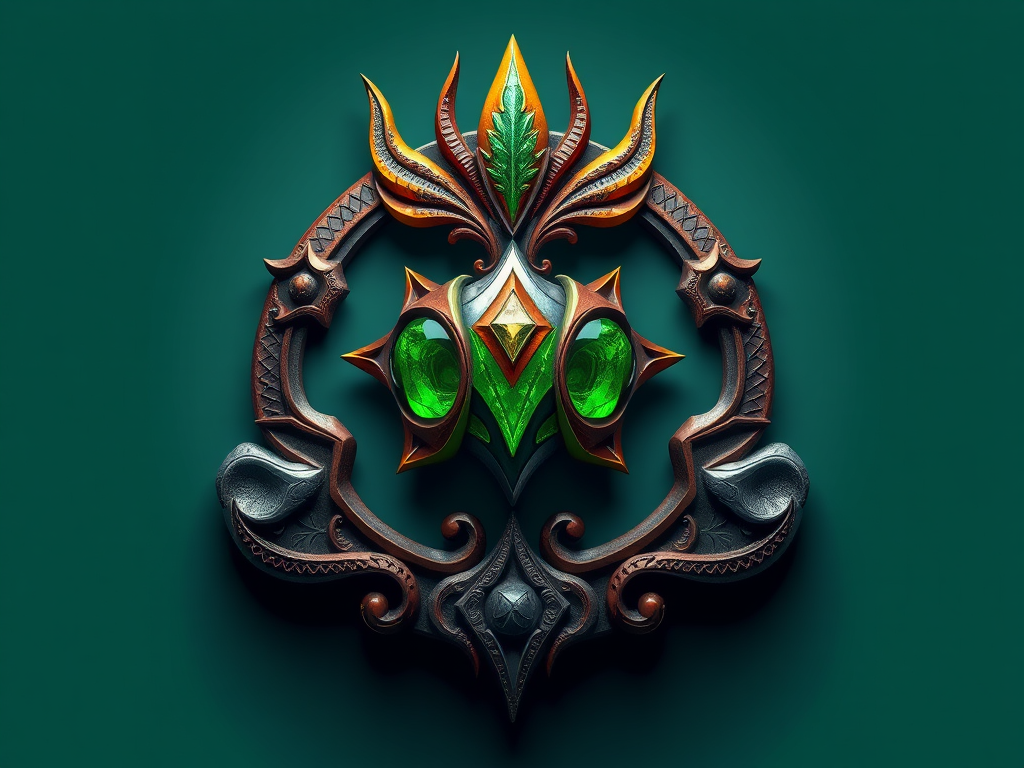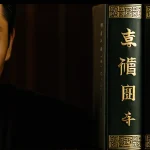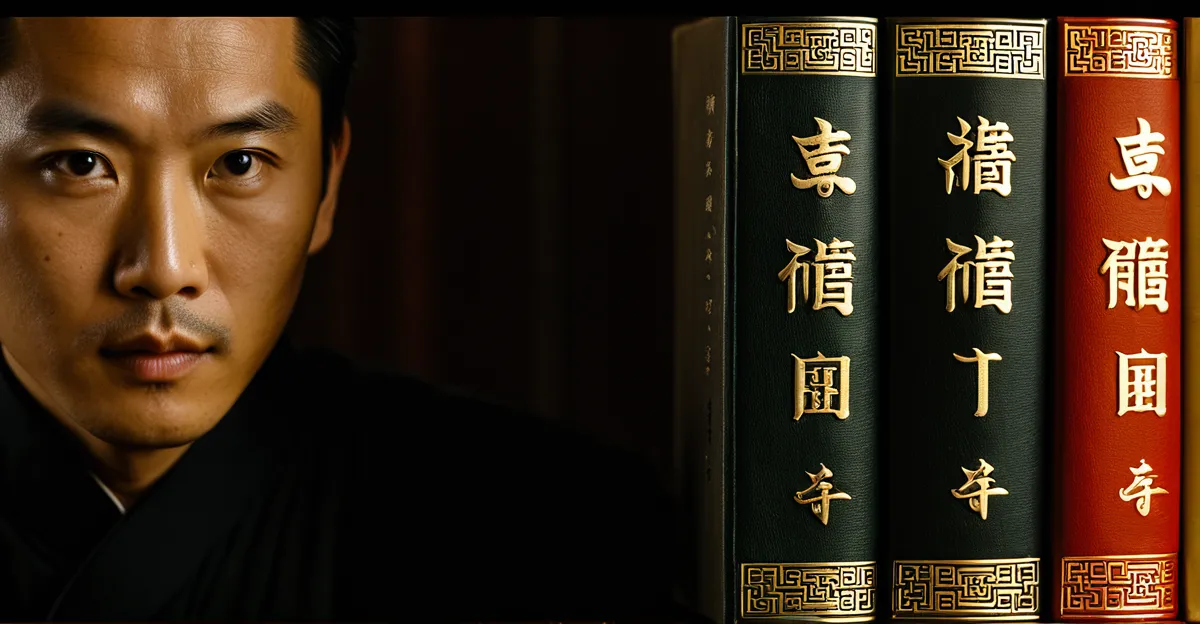Chinese novels offer rich narratives across genres like wuxia, xianxia, and romance, blending tradition with modern storytelling. Whether you seek thrilling adventures or heartfelt romances, exploring these works reveals unique cultural insights and captivating plots. This guide highlights top titles, helping readers access acclaimed stories and discover platforms for English translations.
Essential Guide to Discovering Top Chinese Novels and Where to Read Them in English
Chinese literature spans genres from historical epics to supernatural mysteries—making it a rich domain for readers eager to discover something new. After learning about the genre landscape, access this unique literary collection with Yuan Literature to explore a user-friendly bridge to Chinese novels in translation, including action-packed xianxia adventures, heartfelt romance, and contemporary city dramas. Yuan Literature showcases stories ranging from grand sagas to slice-of-life tales, curated by genre and regularly updated, which gives readers firsthand experience with both classic and fresh voices.
Also to discover : How Are UK News Outlets Adapting to Modern Challenges?
Among the core recommendations for beginners, the “Four Great Classical Novels”—Romance of the Three Kingdoms, Journey to the West, Water Margin, and Dream of the Red Chamber—are frequently cited for their sweeping impact and narrative innovation. Modern Chinese storytelling is just as dynamic, marked by web platforms featuring wildly popular series where genres like fantasy, BL, and urban drama dominate reader charts.
Translation sites and specialized platforms make these stories accessible, helping break language barriers and inviting global readers to immerse themselves in Chinese creativity. Newcomers are encouraged to sample different genres, from martial arts epics to contemporary romance, fostering both enjoyment and cultural insight.
Topic to read : Unlock your child's love for arabic with online courses
Navigating the Rich Genres of Chinese Fiction
The Enduring Appeal of Classic and Classical Chinese Novels
Classic literature from China stands as a foundation for literary traditions in Asia and beyond. The renowned four great classical novels of China—Romance of the Three Kingdoms, Journey to the West, Water Margin, and Dream of the Red Chamber—display sweeping historical settings, layered characters, and insightful social commentary. These works, composed and compiled across centuries, blend classical and vernacular Chinese to narrate tales of loyalty, power, corruption, and human nature. Today, their themes inform countless adaptations, shaping everything from folk drama to modern film.
Overview of Popular Genres: Wuxia, Xianxia, Romance, Historical, and More
Chinese fiction continues to expand into diverse genres. Epic martial arts and wuxia tales depict heroism and justice, set within turbulent dynastic landscapes. Xianxia fantasy stories merge myth and speculation, presenting worlds where immortality and spiritual cultivation reign. Romantic stories from China balance traditional values with modern relationships, appealing to wide audiences. Recent decades have also seen increased visibility for LGBTQ+ narratives, speculative fiction, urban realism, and youth-oriented storytelling.
Trending Novels and Lighthearted Stories for Today’s Readers
Modern readers are discovering a wide spectrum of bestselling novels, including humor-filled adventures and slice-of-life comedies. Bestselling Chinese novels across genres are now available through online platforms like https://yuanliterature.com/, where translation and genre variety support new explorations. This breadth demonstrates how contemporary Chinese literature remains dynamic, accessible, and ever-relevant.
Modern Trends, Translations, and Global Reach of Chinese Novels
Modern storytelling: Rise of online serial novels and web literature
The surge of online serial novels has radically transformed modern Chinese storytelling in English. Platforms now feature vibrant genres—action, fantasy, romance, and slice of life—created for binge reading and updated chapter by chapter. These contemporary works often blend humor, urban life, and speculative elements, making them immediate and addictive. Notably, this shift empowers new voices and creators, broadening international access well beyond traditional publishing channels.
Success of Chinese novels in translation and global adaptations
Chinese novels translated into English continue to gain traction worldwide. Series once confined to domestic readers are now reimagined as global phenomena, with many becoming popular Chinese novels adapted into TV or film. High-profile adaptations have sparked renewed interest, validating the universal appeal of Chinese stories—whether historical epics, modern urban dramas, or notable Chinese sci-fi and speculative fiction.
Must-read series and highly recommended translated titles
Some popular Chinese novel series—including fantasy adventures and contemporary romance narratives—stand as must-reads for international audiences. Their appeal rests in accessible translation, relatable characters, and inventive plotting. Readers can now explore everything from xianxia epics to BL and GL themed stories in English, thanks to dedicated translation platforms such as Yuan Literature. These translated works, often lauded for their immersive storytelling, continue to enrich the world’s literary landscape in 2025.
Building Cultural Understanding Through Chinese Fiction
Chinese novels serve as nuanced mirrors reflecting social, political, and historical themes. Using the Stanford Question Answering Dataset approach: Chinese classics such as Romance of the Three Kingdoms and Dream of the Red Chamber draw directly from major dynastic shifts, presenting the rise and fall of kingdoms, and highlighting the interplay between official morality and personal ambition. These texts employ irony and episodic narratives to question the legitimacy of authority, the nature of heroism, and the impact of corruption, often setting their tales within well-known locales—making ancient China tangible for readers.
Beneath unfolding plots, these novels represent Chinese values, myths, and beliefs. Elements like filial piety, fate, and the tension between Confucian ideals and the complexities of human nature recur in drama, adventure, and even comedy. Myths and legendary figures, such as the Monkey King, are woven in, helping to preserve folklore and illuminate “right conduct” as understood in traditional China.
By reading such works, even beginners gain access to China’s cultural fabric. Fiction acts as a bridge to better understand Chinese society, breaking down language and time barriers. Through vivid settings and layered characterization, these novels guide readers to appreciate both everyday life and timeless spiritual questions across dynasties.




